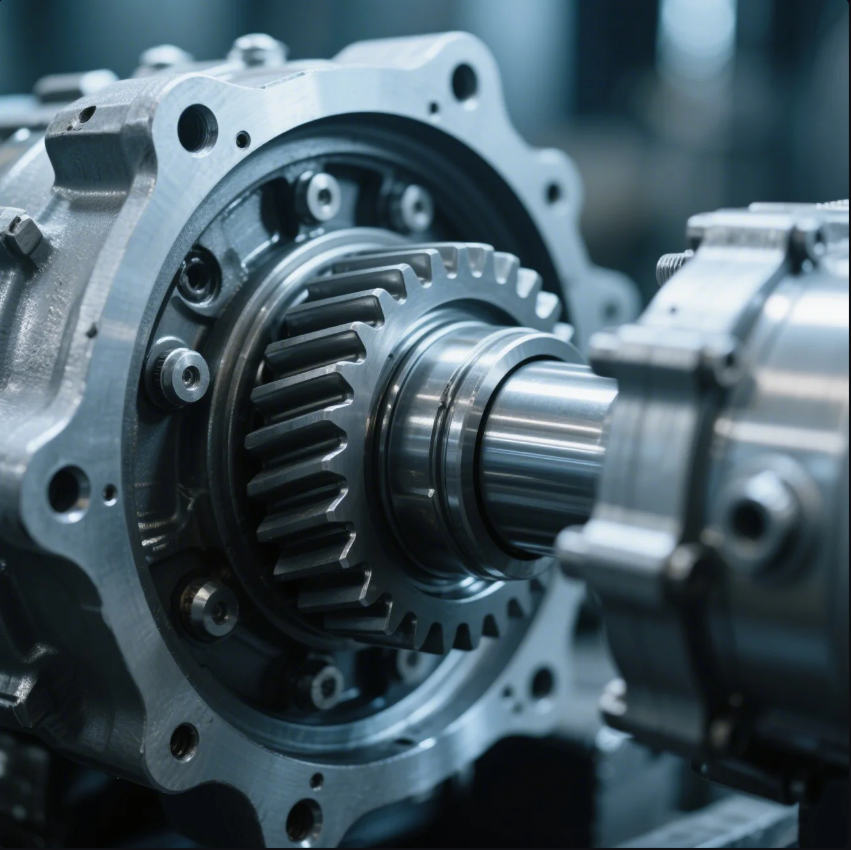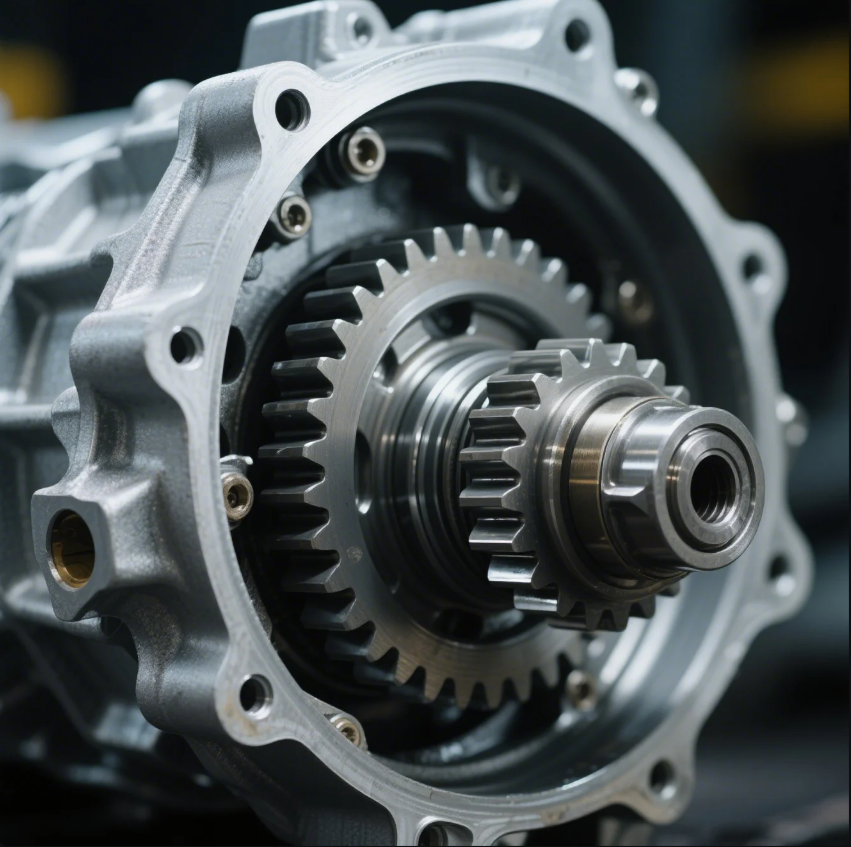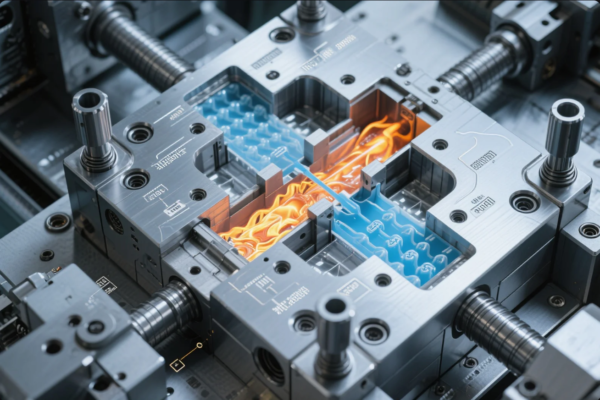What are the symptoms of a bad transmission?

Worried your transmission might be failing? You are not alone, many engineers and buyers face this concern.
Common symptoms of a bad transmission include slipping gears, delayed shifts, strange noises, and fluid leaks.
Stay here to learn how to spot early problems and avoid expensive breakdowns.
How does a car act when the transmission is going out?
Noticing strange behavior during driving? It could be serious.
A car with a failing transmission may slip between gears, delay shifting, or make grinding noises.

Dive-Deeper: Behavior of a failing transmission
A failing transmission will change the way the vehicle drives. Look at the table below for early warning signs:
| Symptom | Possible Cause |
|---|---|
| Gear slipping | Worn clutch packs or bands |
| Delayed gear engagement | Low fluid pressure |
| Grinding or shaking | Internal gear damage |
| Burning smell | Overheated transmission fluid |
When one of my American clients reported gear slipping during a peak season, we urgently supplied ISO certified casting parts and reinforced transmission mounts from Prime, solving the issue within 7 days.
Key point:
Choosing a custom stamping parts supplier with experience in transmission systems can prevent many of these failures.
What can be mistaken for transmission problems?
Confused by symptoms? It is common.
Issues like engine misfires, worn-out suspension parts, or bad sensors can mimic transmission problems.

Dive-Deeper: Common misdiagnoses
Not every driving problem comes from the transmission. Here’s what can create confusion:
| Symptom | Possible Non-Transmission Cause |
|---|---|
| Jerky movement | Faulty ignition coils or spark plugs |
| Strange noises | Worn-out wheel bearings |
| Vibration at high speed | Imbalanced driveshaft or tires |
| Delayed acceleration | Fuel system problems |
A North American distributor once almost replaced 30 transmissions unnecessarily. After consulting Prime’s technical team, they realized poor-quality fasteners were causing driveline vibrations, not the transmissions.
Key point:
A good supplier not only delivers parts but also provides technical support to help you diagnose the real issue fast.
How can you diagnose a bad transmission?
Worried about misdiagnosis? You are not alone.
You can diagnose a bad transmission by checking fluid condition, listening for noises, monitoring shifting behavior, and using diagnostic tools.

Dive-Deeper: How to perform basic transmission diagnostics
Here’s a simple guide to check transmission health:
| Step | What to Look For |
|---|---|
| Check fluid color and smell | Dark color or burnt smell is bad |
| Listen while shifting | Grinding, clunking, or whining sounds |
| Watch shifting performance | Hesitation, slipping, hard shifts |
| Use OBD-II scanner | Check for transmission error codes |
One client in Australia used Prime’s CNC parts precision machining to fix issues detected during diagnostics, leading to a 40% improvement in drivetrain reliability.
Key point:
Partnering with a supplier who provides high-quality replacement parts ensures your repair efforts succeed the first time.
How do I know when my transmission needs replacing?
Afraid your transmission might be beyond repair? You are not alone.
If you notice repeated slipping, metal shavings in fluid, total gear failure, or no movement at all, replacement is necessary.

Dive-Deeper: Signs that indicate transmission replacement
Replacement is a big decision. Here’s how to know when it is the right move:
| Symptom | Meaning |
|---|---|
| Fluid with metal shavings | Severe internal damage |
| Total loss of gears | Broken planetary gears or shafts |
| Transmission overheating | Cooling system failure and wear |
| Repeated repairs with no result | Replacement is more cost-effective |
One of Prime’s clients faced endless repairs with local suppliers. They switched to ISO certified stamping and CNC parts from Prime, and their fleet performance improved dramatically with zero transmission replacements needed for 18 months.
Key point:
Choosing high-quality, ISO certified transmission components extends system life and lowers replacement costs.
Conclusion
Recognizing bad transmission symptoms early can save you thousands in repair costs and prevent serious vehicle downtime.
Need reliable custom parts to repair or upgrade transmissions?
Contact Prime now for free technical advice, custom solutions, and competitive factory pricing.
We deliver ISO-certified quality, fast production, and expert engineering support to keep your business running smoothly.
Send us your inquiry today and let Prime help you build stronger, longer-lasting systems!







